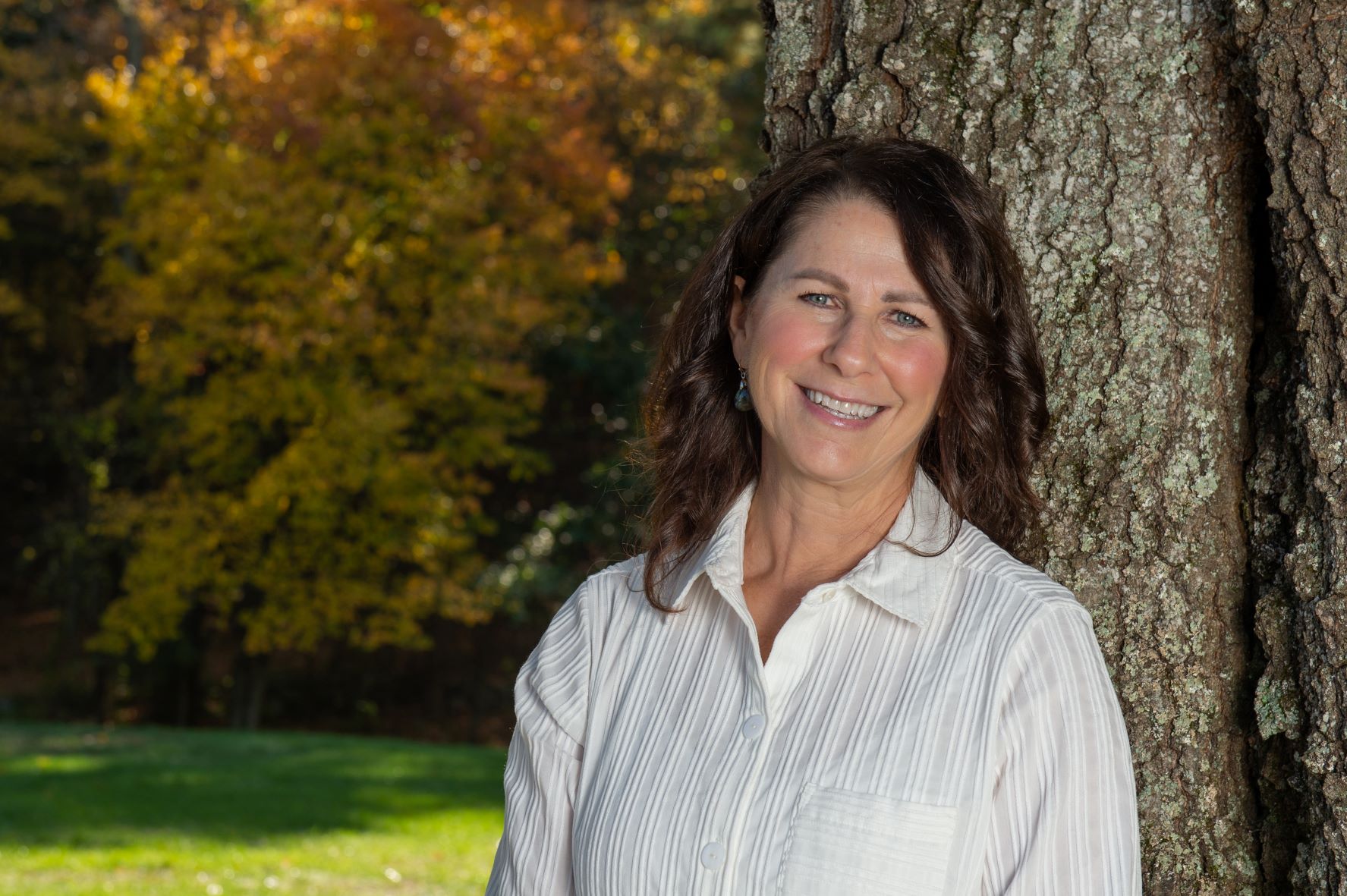So often we find expressing condolences challenging, especially to the newly bereaved. We want to say something that will help but we are at a loss for what to say. We worry that we will make things worse.
I hear it all the time…I didn’t want to bring him up because I didn’t want to remind you.
Here is an important thing to remember … anyone newly bereaved is pretty much always thinking of their deceased loved one. You don’t have to worry because it’s impossible to “remind” them!
What gave me solace after my son Kevin died, were the stories that friends and family shared about him. Even if it was just a couple of sentences in a card. It felt comforting to know people would remember him for his friendliness and sense of humor. In my memoir, there is a scene where a friend tells Matthew (Kevin’s brother) a story that has him laughing out loud. We were among a crowd and although I couldn’t see Matthew, I heard him laugh from across the room. I remember thinking someone must have told him a funny story about Kevin.
Not sure how to go about it? Try starting the sentence with “My favorite memory of (insert name) is…”
Focus on the positive.
- Think of a character trait of the deceased that touched you. Were they thoughtful, generous, friendly, or funny? Maybe they were passionate about playing cards on Friday nights. Maybe they loved fishing or had a signature dish they made every Christmas that you looked forward to.
- Whatever reminds you of the deceased can help you choose the story to tell.
However mundane it might sound to you, chances are, it will mean so much to the person grieving.
An experience I had with someone who reached out years later…
Recently, a friend of Kevin’s (who I’ve never met) messaged me on Facebook. She wrote to tell me she had found herself hanging out with Paul Simon’s daughter the night before (Wowza I know!). She went on to say that when she got home all she wanted to do was tell Kevin about it, imagining all the funny things he might have said. Instead, she reached out and shared it with me to let me know she was missing and thinking about him.
I responded by thanking her for reaching out, saying how much he and I both loved to dance to Paul Simon when he was little. She went on to say “He had great taste in music. We went to a music festival with him once and ended up losing track of him many times over the weekend because he was always in the crowd making friends with a few hundred people! He never met a stranger, that’s for sure.”
This actually made me laugh out loud because that was so like Kevin! I could just picture him falling behind because he was chatting it up with strangers.
I proceeded to share my story of “losing” Kevin when he was young.
When Kevin was about 10 years old we went to watch his brother’s middle school wrestling tournament in Lawrence, MA. It was in a huge gym with about 100 kids from area schools. His brother was wrestling, Kevin was watching the matches, my husband was assisting as a coach, and I was in the bleachers. Time goes by and I realize I haven’t seen Kevin in a while so I climb up to the top of the bleachers to have a better vantage point. I spot him. Here he comes, one foot in front of the other, gliding past the bleachers like a statue on wheels. I zip down the bleachers and am ready to give him an earful for not checking in sooner but I get distracted when I see he is wearing a pair of Heelys (Kevin didn’t own a pair of Heelys).
The conversation went something like this:
Me: Kev, whose Heelys are those?
Kevin: Some kid I met.
Me: Where are your sneakers?
Kevin: (looking around) Ummmmm???
Me: How did you get someone you don’t know to lend you his Heelys?
Kevin: (shoulder shrug) I don’t know, you know how you just get talking to someone?
Kevin returned the Heelys to the kid but since he was all over the gym it was hard to remember exactly where he took his sneakers off…
Leaving the tournament on that snowy February afternoon, I remember Tom giving shoeless Kevin a piggyback to the car.
The whole exchange left us both feeling grateful to have connected with each of us having a new story to treasure.

